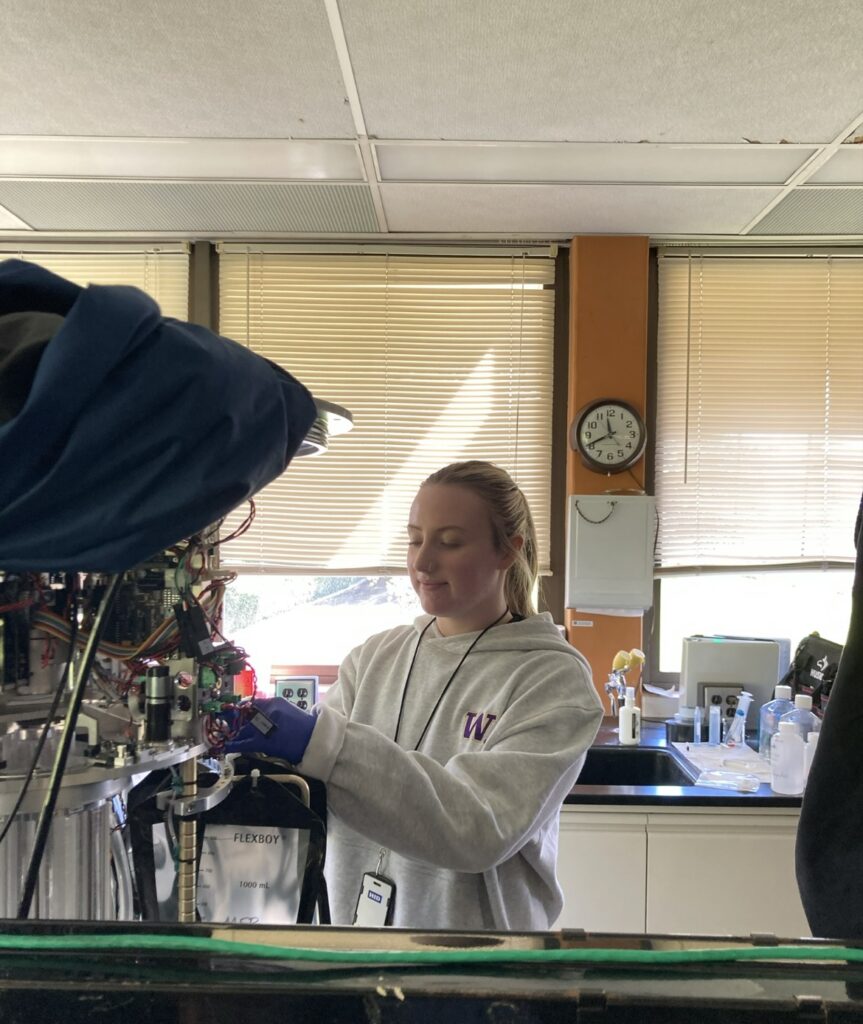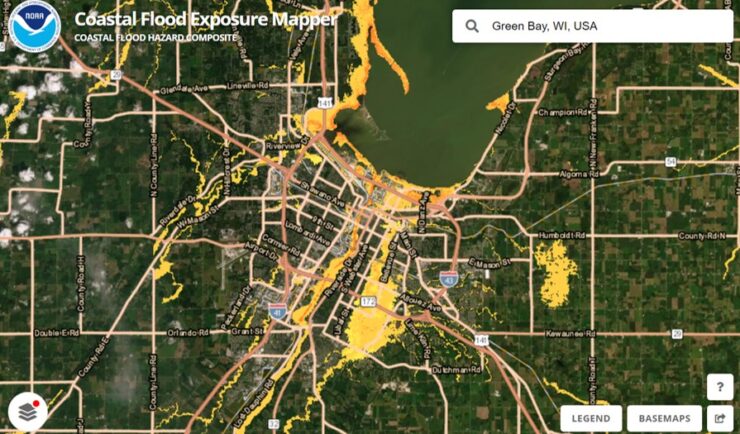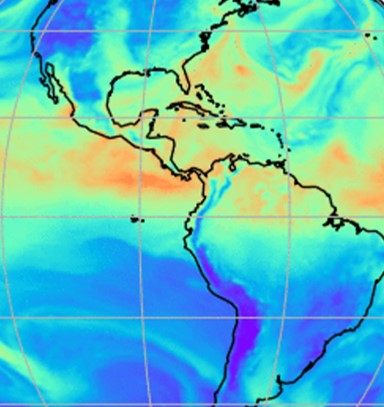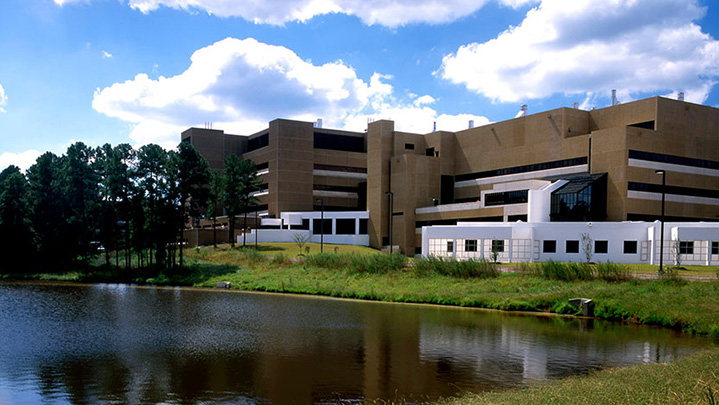- Success Stories, Uncategorized
- Environmental Resource Assessment & Management
Monitoring Algal Blooms for Harmful Toxins

CSS employee owners support NOAA’s National Centers for Coastal Ocean Science (NCCOS) Harmful Algal Blooms (HAB) Sensor Development Team in their efforts to detect and monitor these harmful algal blooms in coastal waters where they are likely to occur. HAB monitoring is critical for detecting harmful toxins produced by some algae. When present in over abundance, these toxins affect fish and shellfish consumed by wildlife and harvested by commercial, recreational, and subsistence fishermen potentially causing severe illness when consumed. In the Pacific Northwest, an over abundance of Pseudo-nitzschia produces domoic acid, a powerful neurotoxin that causes amnesic shellfish poisoning with symptoms ranging from intestinal distress to headache and confusion to death in severe cases.
The team uses the Environmental Sample Processor (ESP) instrument to develop, optimize, and validate HAB toxin sensors that are deployed on ESP instruments in cooperation with collaborators at NOAA Fisheries Northwest Fisheries Science Center, NOAA Research Great Lakes Environmental Laboratory, and Woods Hole Oceanographic Institution. Arrays (the data structure containing control and toxin data) enabling detection of these HAB toxins are printed at NOAA’s Hollings Marine Laboratory in Charleston, South Carolina. The arrays are then sent to partners along with a suite of customized reagents (determined based on location and partner needs) and are loaded onto the partner’s high sample capacity ESP for deployments.


CSS staff work with NCCOS federal staff to calibrate the instrument by running known samples so it can adequately detect the toxins in a sample allowing scientists to quantify the toxin for which it was calibrated. After calibration, the deployed ESP instrument is able to transmit images of the arrays to shore in near real-time. CSS employee owners work with NCCOS federal staff analyze and quantify, provide quality assurance/quality control, and post these data to the Northwest Association of Networked Ocean Observing Systems (or NANOOS) Real-time HABs website for dissemination to state and tribal shellfish managers and public health officials, as well as informing the Pacific Northwest HAB Bulletin. The team continues this monitoring through October, providing crucial advance warning of toxic Pseudo-nitzschia blooms that can contaminate shellfish along the coast and thereby pose a public health risk to recreational, subsistence, and commercial harvests.
See More CSS Insights

Expanding a Popular Flood Exposure Tool
We recently assisted our client, the National Oceanic and Atmospheric Administration’s (NOAA) Office for Coastal Management, with updating one of their most popular tools, the Coastal Flood Exposure Mapper.

Evaluating the Use of Earth Observations Digital Twin Technologies
Earth Observations Digital Twin technologies are data analytics, artificial intelligence, and advanced modeling technologies that provide an estimate of the true state of the Earth. An Earth Systems Digital Twin is observations-based and grid-flexible with multiple components and high-resolution data over space and time to capture all available observations and feed a variety of direct…

Quality Assurance Audit Reports
Since 1985 we’ve supported the National Institute of Environmental Health Sciences and have provided more than 1,600 quality assurance audit reports that the client has used to assess the quality of toxicology studies they sponsor. Over the last year our employee owners reviewed several studies involving per- and polyfluorinated substances (PFAS) compounds, or “forever chemicals”,…
